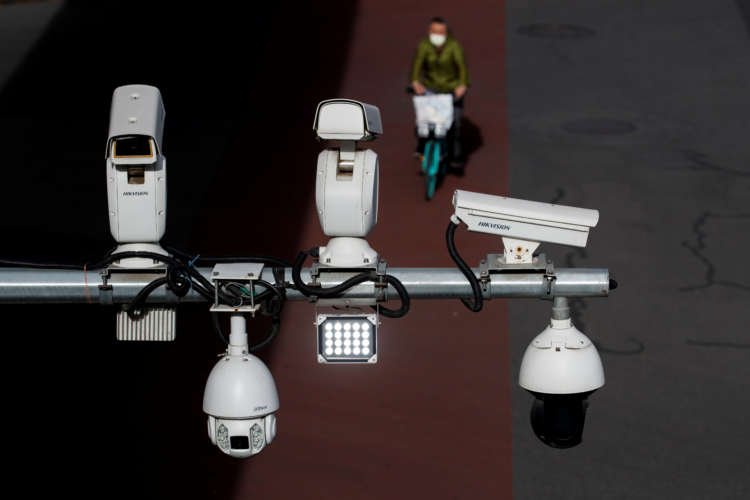Technology
Fears of ‘digital dictatorship’ as Myanmar deploys AI
Published by linker 5
Posted on March 19, 2021
1 min readLast updated: January 21, 2026

Published by linker 5
Posted on March 19, 2021
1 min readLast updated: January 21, 2026

Explore more articles in the Technology category











